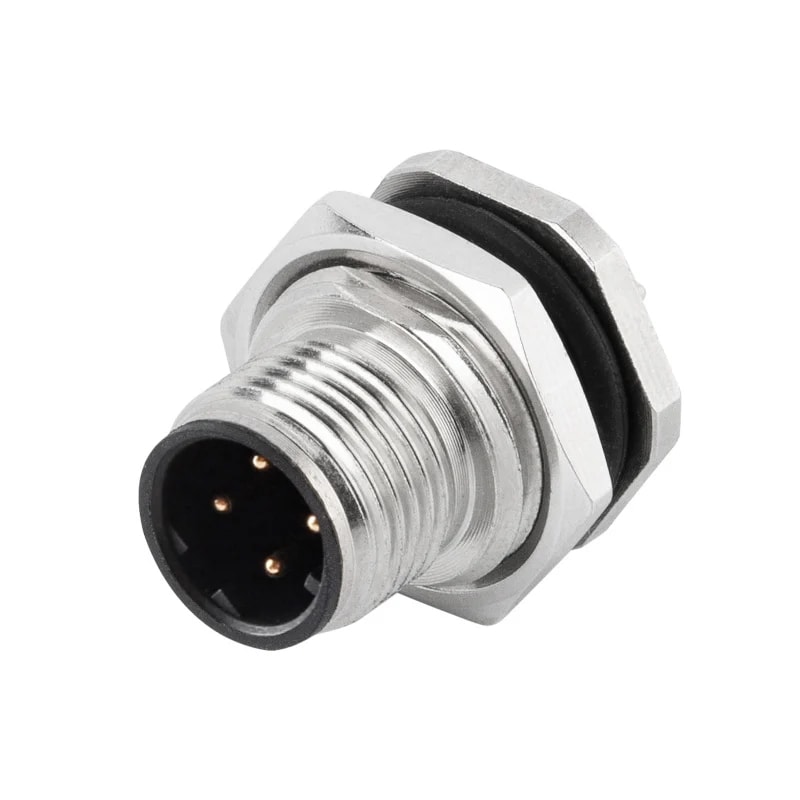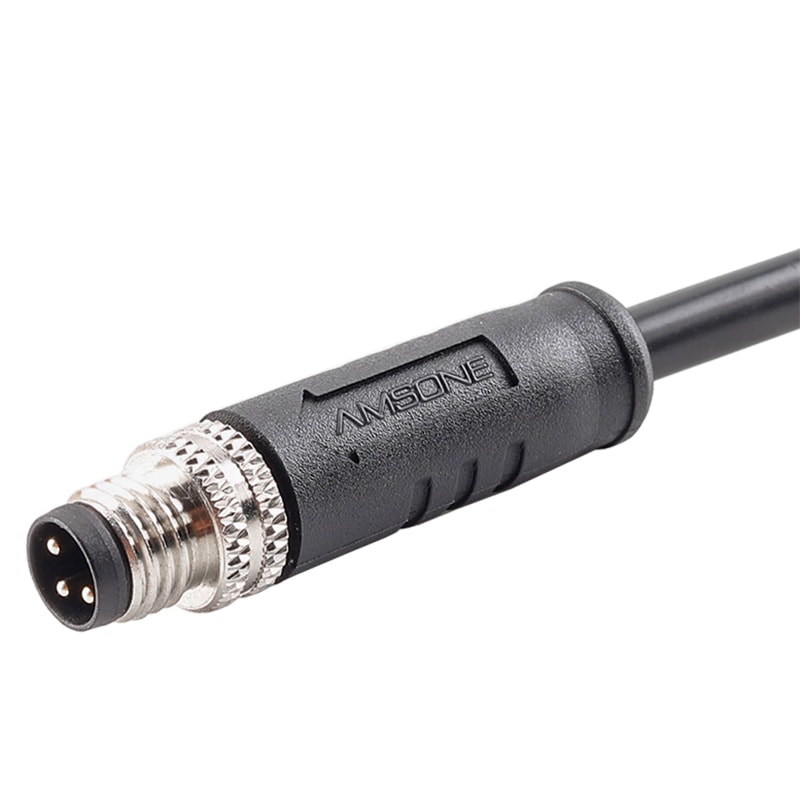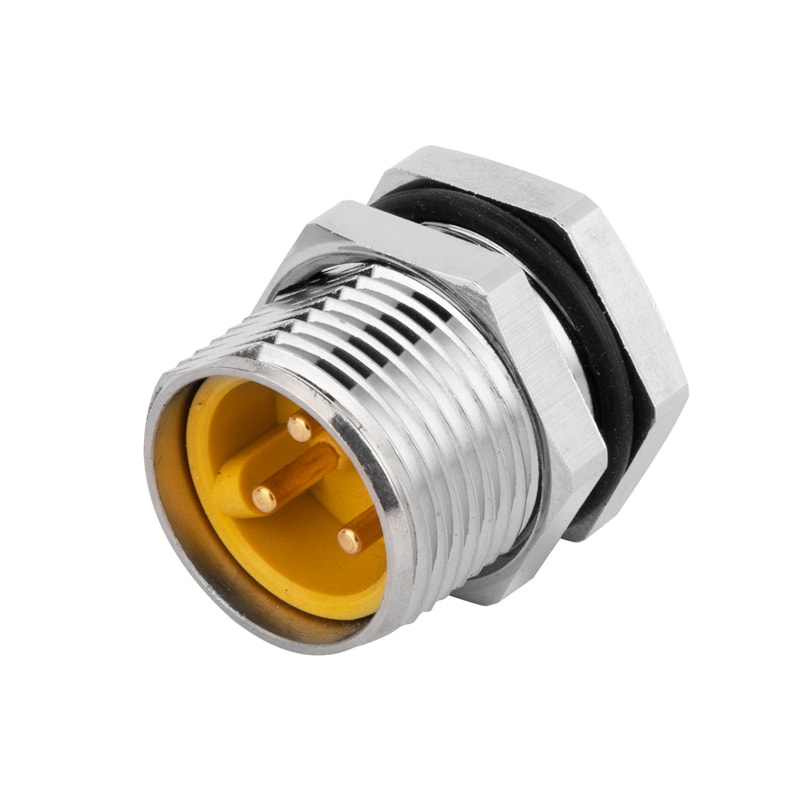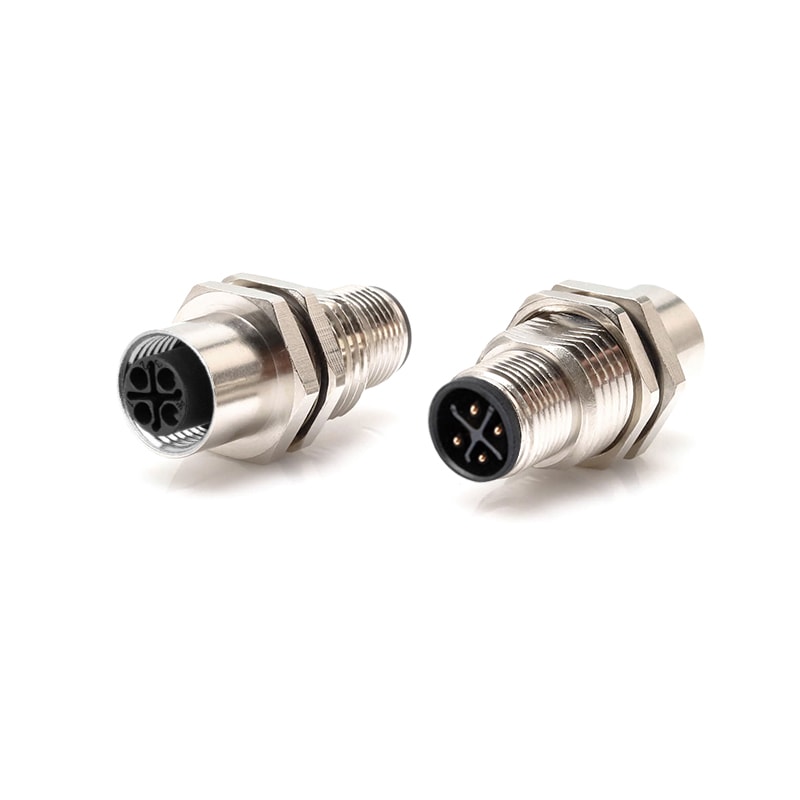The Role of Modular Connectors in a Connected Future
Views: 2260
Author: Site Editor
Publish Time: 2025-04-23
Origin: Site
As industrial technology evolves, so do the demands for smarter, more efficient, and more adaptable connectivity solutions. In this environment, modular connectors have emerged as a key innovation—reshaping how engineers and integrators design, maintain, and upgrade complex systems.
Modular connectivity is more than a trend. It represents a practical shift toward greater flexibility, reduced downtime, and improved standardization in the world of electrical and electronic connections.
What Are Modular Connectors?
To understand their impact, it's important to look at what modular connectors are. These are standardized, plug-and-play connection systems designed to handle power, signal, and data. Unlike traditional hardwired systems—where every connection is manually built and permanently fixed—modular connectors allow for quick assembly, disassembly, and customization.
Originally introduced in the late 1960s, modular connectors were developed to simplify the way machines are wired and connected. Early versions helped eliminate the time-consuming process of hardwiring every cable, reducing reliance on specialized labor and making systems easier to modify or relocate.
Modern modular connectors, like the M12 series, go a step further. They offer higher power delivery, more compact form factors, and better coding systems to prevent mismatches. These improvements make modular connectivity a core component of smart manufacturing and industrial automation.

Why Modular Connectivity Matters
Modular connectors offer multiple benefits that directly address real-world challenges in industrial and commercial applications. Here are the key advantages:
1. Reduced Labor and Maintenance Costs
One of the biggest advantages of modular connectors is the reduction in manual work. With traditional hardwiring, each connection point requires a skilled technician. But modular connectors simplify installation and replacement—components can be connected or swapped out just like plugging in a device.
This saves time during both setup and maintenance, helping companies reduce operational costs and minimize the need for specialist intervention.
2. Faster System Recovery and Less Downtime
Downtime is expensive, especially in high-throughput environments. Modular systems make it easier to respond to component failures. For example, if a cable or sensor is damaged, it can be replaced in minutes without needing to rewire the entire system.
This plug-and-play flexibility enables quicker recovery and ensures production lines get back up and running with minimal delay.
3. Standardization and Interoperability
Modern modular connectors, especially those following international standards like IEC, are designed to be compatible across different brands and systems. This standardization offers a clear benefit—users can source components freely without worrying about mismatches or proprietary limitations.
For businesses managing multiple equipment vendors or expanding production lines, this interoperability simplifies supply chain logistics and integration.
4. Lower Risk of Connection Errors
Mistakes in wiring or mismatched components can lead to system malfunctions or even equipment damage. Modular connectors help prevent such errors by using clearly marked coding systems (such as S-coded, T-coded, K-coded M12 connectors). These features guide users and technicians, making connections more intuitive and reliable.
5. Streamlined Project Management
Another advantage of modular systems is that they simplify the assembly process across different teams or locations. Components can be built, tested, and prepared separately, then brought together and connected easily on-site.
This decentralized workflow shortens project timelines and reduces the complexity of managing multiple tasks in a limited physical space—an important advantage in large-scale or distributed manufacturing environments.
As digital transformation and Industry 4.0 continue to shape manufacturing, the need for scalable and reconfigurable systems becomes even more critical. Modular connectors offer the flexibility and efficiency needed to support these changes—enabling faster upgrades, smarter systems, and better long-term reliability.

Partner with Amissiontech for Smarter Connectivity
At Amissiontech, we specialize in innovative connector solutions tailored to the demands of modern industry. Our modular connector systems combine precision engineering with long-term reliability—making your systems easier to build, easier to maintain, and ready for the future.
Contact Amissiontech today to discover how our modular connectivity solutions can streamline your operations and power your next breakthrough.

 EN
EN DE
DE JP
JP ES
ES SE
SE FR
FR IT
IT CN
CN 한국어
한국어 ภาษาไทย
ภาษาไทย بالعربية
بالعربية Nederlands
Nederlands Türkçe
Türkçe Język polski
Język polski Tiếng Việt
Tiếng Việt Zulu
Zulu Bahasa Malay
Bahasa Malay




